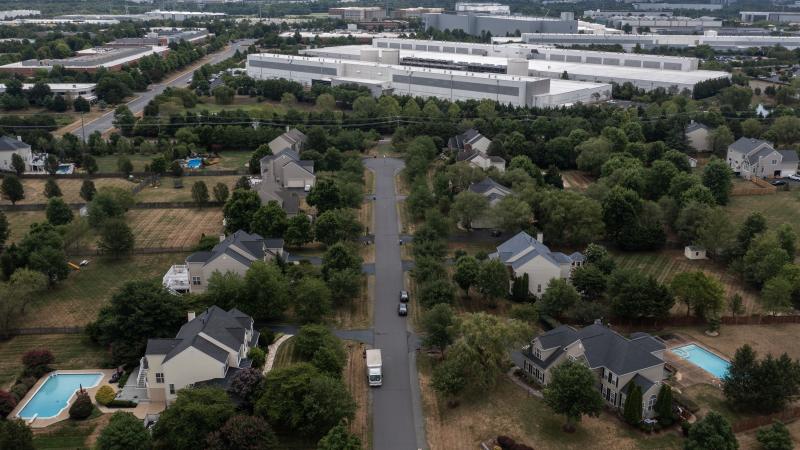Two former Hong Kong lawmakers plead guilty ahead of trial for pro-democracy protests
The United States, along with several other countries, condemned the arrests and China over its Hong Kong policy.
Two former Hong Kong lawmakers pleaded guilty Tuesday to charges of illegal assembly as a trial begins for them and seven other pro-democracy activists.
All of the activists on trial are charged with organizing and participating in an illegal assembly during anti-government protests back in 2019.
Former legislative members Au Nok-hin and Leung Yiu-Chung were the two who pleaded guilty. Au pleaded guilty to both charges, while Leung pleaded guilty only to participating in an illegal assembly. Prosecutors dropped the organizing charge against him.
Other activists on trial include Martin Lee, an 82-year-old veteran of Hong Kong's democracy movement, and Jimmy Lai, a newspaper publisher who is being held without bail on charges related to his pro-democracy activities, according to the Associated Press.
The remaining seven protesters pleaded not guilty to the charges that stemmed from an Aug. 18, 2019 protest.
Supporters and several accused protesters rallied outside the court ahead of the trial.
"Peaceful Assembly is Not a Crime; Shame on Political Prosecution," one banner read.
Hong Kong saw several months of protests in late 2019 as a result of a government bill that would have permitted some criminal suspects to be extradited to China for trial. While the bill was withdrawn, protesters still pressed their efforts to obtain full democracy.
The nine defendants are the first of about 15 activists arrested last April in connection with the protest. The United States and several other countries have condemned China for the arrests and its Hong Kong policy.
China's legislature then implemented a national security law for Hong Kong in June, further cracking down on protesters. The Chinese government said the law was necessary in order to restore order following the protests. China has said that foreign criticism is interference in their internal affairs.














